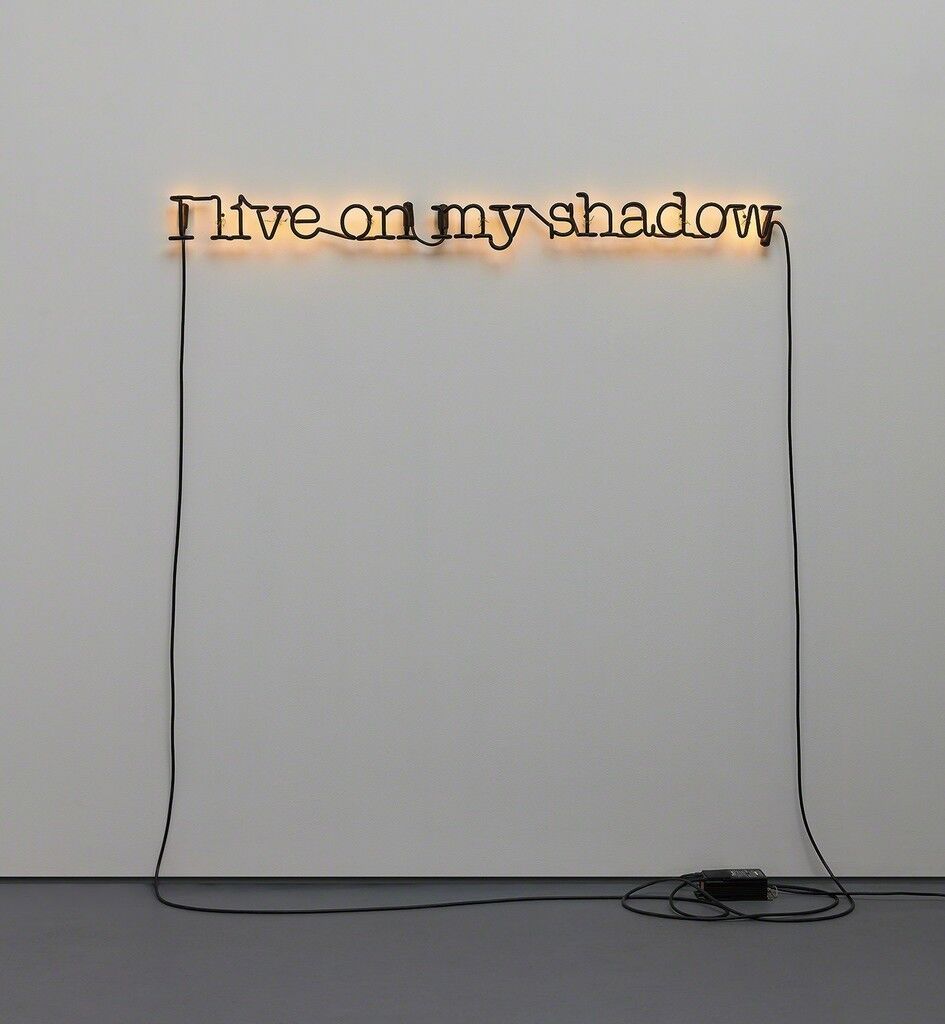I'm reticent to tell people, in normal conversation, that I've been studying and currently study philosophy. Even after years of researching different philosophical areas, I don't bring it up unless directly asked. When I consider talking spontaneously about what I've learned, I feel a pressure-twinge in the proximity of my brain near my conscience, which urges me toward an act of inaction, which — when translated into words — looks like something firmly wedged between modesty and humility.
Initiation into philosophy club began with reading some books written by some very-long-dead old wise men that had been translated, re-translated, and interpreted (and—surprisingly often—re-re-interpreted) by less-long-dead (or, occasionally, living) wise people. The translators and interpreters labeled themselves: Author — and labeled the men they translated and interpreted: Philosopher.
For me, one book led to another. One video to another. Repetition was important. Re-reading or re-listening became valuable. Reading a different author/interpreter discuss the same very-long-dead philosopher became most important. In the long run, all that really happened was I, eventually, gleaned a few insights about the universe; human life and death; society; politics; religions; the brain, consciousness, and the importance of human reasoning; time; logic; as well as how best to cope and how to decide how best to cope (which — simply put — is how to think about thinking and use that self-awareness to best advantage).
Realization that I was a member of philosophy club occurred when I recognized my ability to become self-aware had increased (I haven't become fully self aware, but, knowing what that means is a valuable step). Membership brought with it the knowledge that all of these insights were available to everyone who can read.
Knowledge about knowledge can be meta-knowledge, but it also can be an awareness that everything labeled "philosophical theory or concept" (which I might/might not be able to understand in whole or part) is no different than a single informative sentence. Because we all know a paragraph will provide more information. Which leads us to realize that an entire book would be much more informative. Then we see an entire shelf of books and wonder about the quantity and quality of all that additional information. Stepping back, we are now far enough away to observe the entire library and realize there are (and were) more library's nearby. (Library's which are filled with information, library's which were burned to the ground a while ago, as well as library's which were burned to the ground before any author/translator was able to read what all those very-long-dead old men had thought about long and hard enough to write it all down.)
There will never be completion when it comes to knowledge. Every theory and concept and idea comes from reading about theories and concepts and ideas. The result of my studying various types of philosophy is — it transformed me from a person of average intelligence into a wise person.
A wise person once said, "referring to oneself as an artist requires a punishable amount of hubris."
 What an astute phrase within an ironic sentence (since I just made it up). More accurately, I assume I just compiled the above seventeen words and four punctuation marks into an order, which no person compiled them into before. I'm not saying the concept is novel. Certainly, some hundreds or thousands (millions?) of people have already said, or written, about the terms wise and artist in conjunction with hubris. I may even have heard or read them. However — like George Harrison writing My Sweet Lord — I have no awareness of He's So Fine in my consciousness, as I type.
What an astute phrase within an ironic sentence (since I just made it up). More accurately, I assume I just compiled the above seventeen words and four punctuation marks into an order, which no person compiled them into before. I'm not saying the concept is novel. Certainly, some hundreds or thousands (millions?) of people have already said, or written, about the terms wise and artist in conjunction with hubris. I may even have heard or read them. However — like George Harrison writing My Sweet Lord — I have no awareness of He's So Fine in my consciousness, as I type.The building blocks of my sentence are both words and ideas.
I learned, at UW-Milwaukee, that most creative people did not refer to themselves using the term Artist. Yes, we had gallery showings. Yes, some of us profited from selling what we created. But, artist was a compliment-label we reserved for others to use about us.
Accordingly, when studying philosophical concepts, I learned that most extremely intelligent people did not refer to themselves using the term Wise. Yes, they were successful authors. Yes, they may be professors and may possess Doctorates in Philosophy. But, wise was a compliment-label they reserved for others to use about them.
I met—recently—a person who creates art and sells it in a gallery she owns and operates. She constantly refers to herself as an artist. She also insists, with the bulldozing personality of a stage performer, that other creatives must self-anoint, proclaim, and metaphorically tattoo the word ARTIST somewhere prominent for the world to always read.
Although I consider her artistic, and can see passion in her work, she is not wise. She is neither humble nor modest, nor does she possess the inaction firmly wedged between humility and modestly. Instead, she suffers from an inability to get out of her own way. She is a business-woman. She is an activist. She is not an artist.











































No comments:
Post a Comment